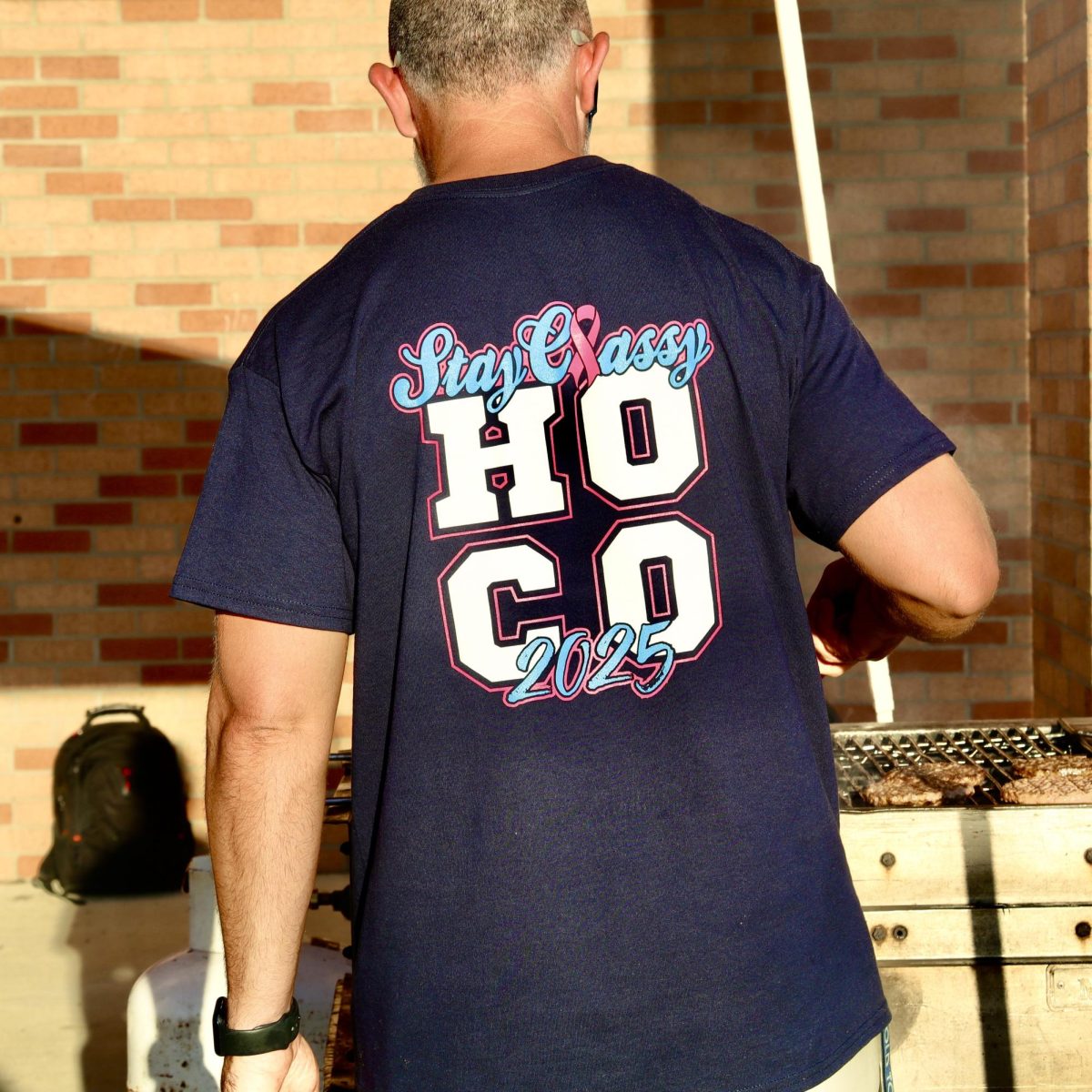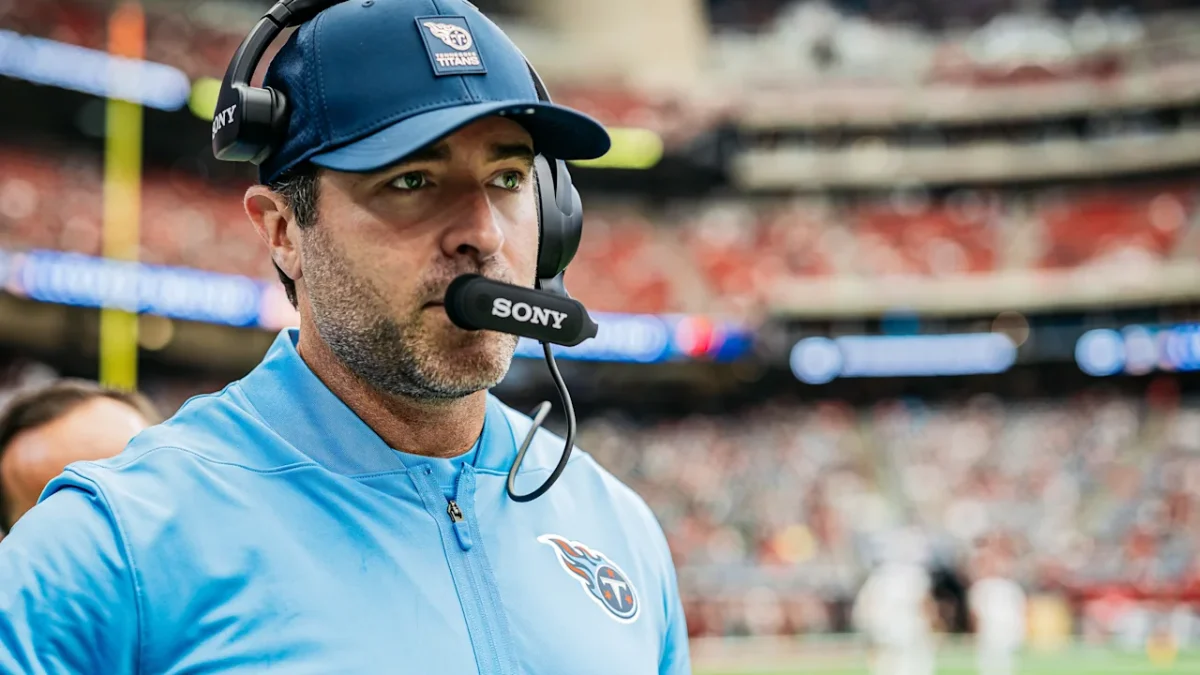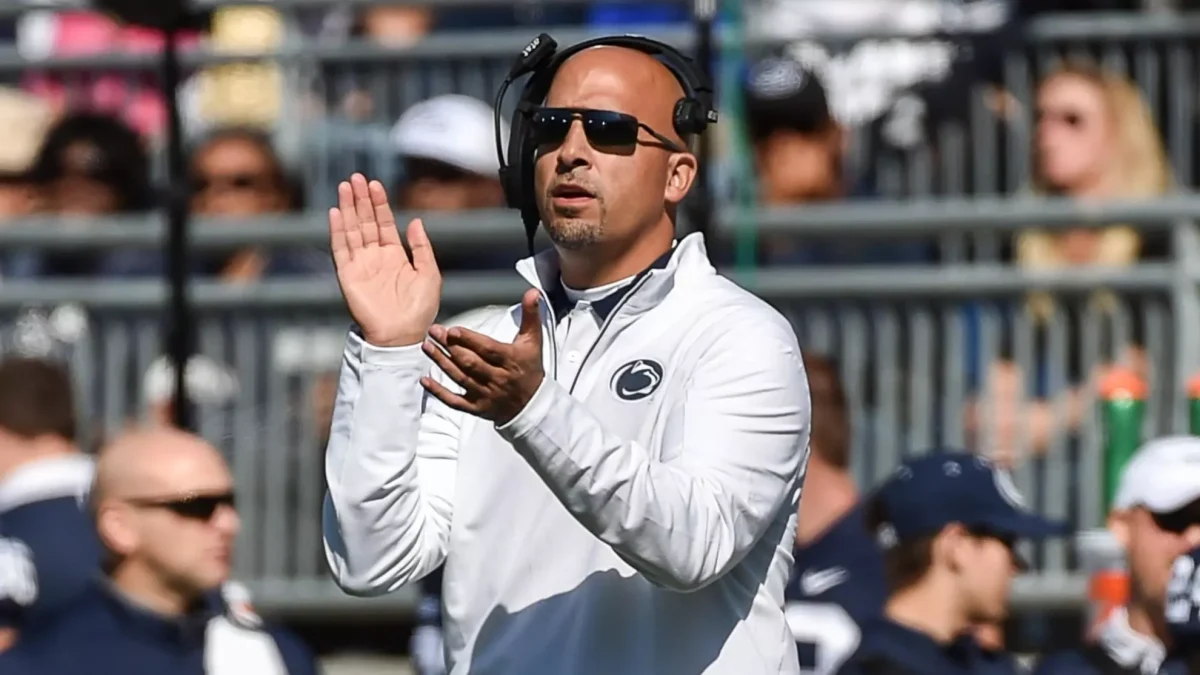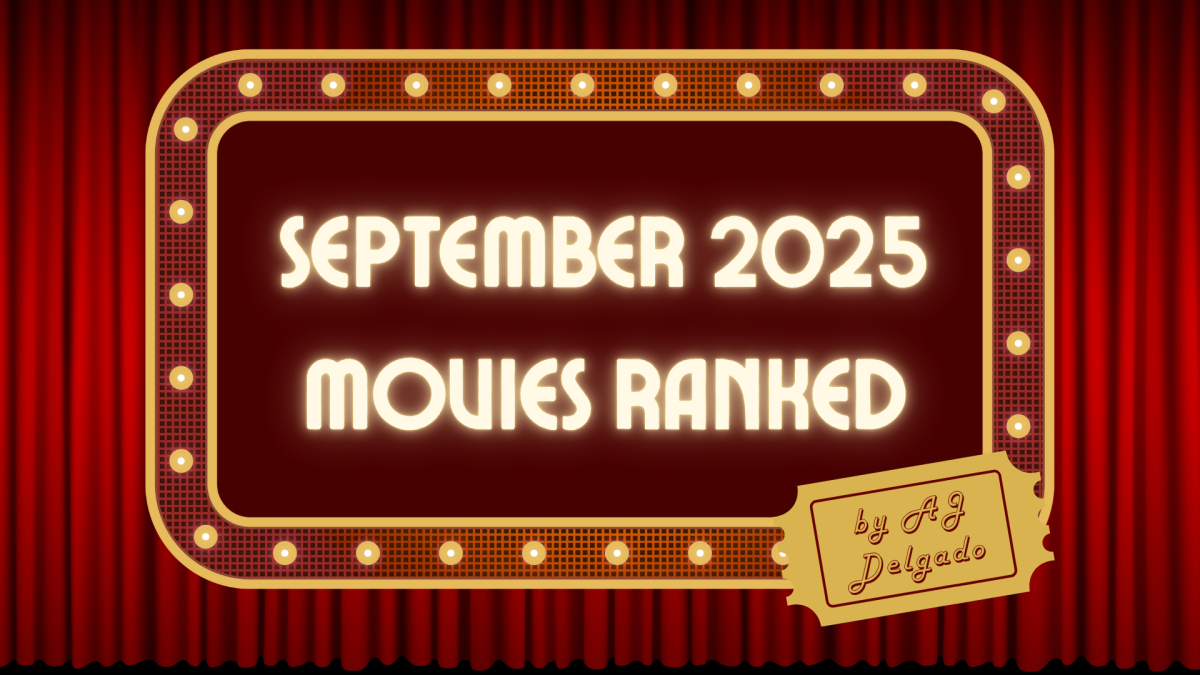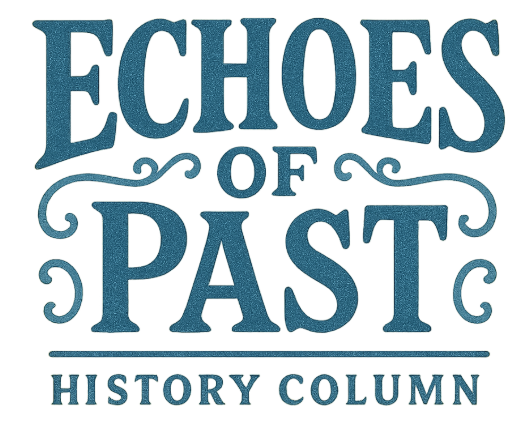Reed Books: Boy Parts
March 6, 2022
This is one of the few books that I truly don’t know how to feel about.
Boy Parts by Eliza Clark follows an explicit photographer named Irina, who uses her beauty to convince strange-looking men to model for her, occasionally becoming physical with them, occasionally not. She is narcissistic, she is cruel (a term many other characters in the book use for her), she is hypocritical. She’s supposed to be interesting.
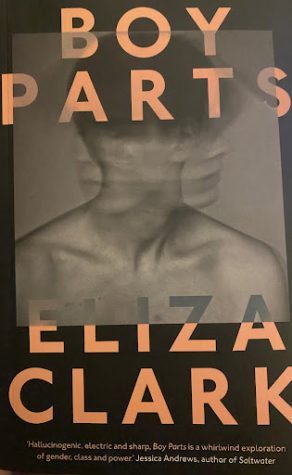
But is she?
I’ve seen a lot of comparisons between this book and American Psycho or something of the like, which I think is fair. The problem is there’s not much else to Boy Parts.
It tries to be feminist, and I suppose it is, but it’s feminist in a dissociative, harmful way. It’s feminist because it critiques other feminists. It’s feminist because it’s bad at being feminist. It’s feminist because it makes you wonder if it’s feminist.
It’s kind of exhausting, actually.
I love an evil female protagonist, and the book does tackle gender well. The subversion of the male gaze, the discussion of sexual violence, and the immorality, true, deep immorality, the kind of badness that only men are allowed, are done so well. Irina is not a seductive Catwoman type, she is a deeply terrible person. A manipulator. An assaulter. In some instances, although we don’t know how many of them are real, a possible rapist.
There’s the other problem: the ending of the novel relies on the trope of “blurring the lines between fiction and reality.” Irina starts rethinking her memories, unsure of what she has or has not done, what she’s seeing or hallucinating. And it’s a fine ending, it is, but it lacks really anything to do with the rest of the plot. How does this tie back to the female gaze? Modern sexuality? Consent? It… doesn’t.
And maybe that’s my problem with American Psycho too, but at least American Psycho was one of the first of its kind. Boy Parts is gruesome, but that’s all it is. It conflates evil with interesting.
Boy Parts is fine. It’s a step towards something better, getting the audience accustomed to truly evil women before other, better books develop them.








